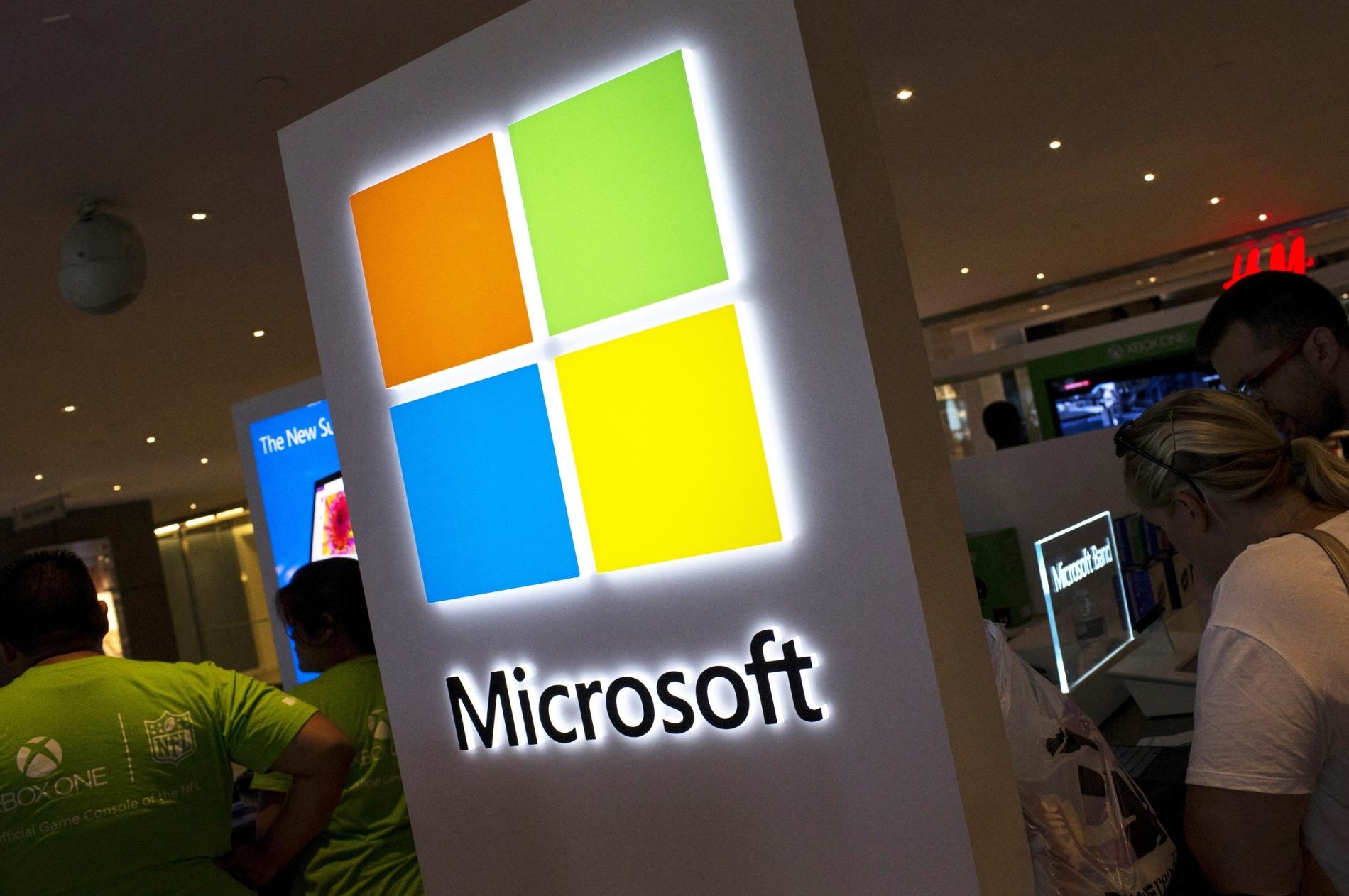Does Russia have a chance of surviving in the future without Microsoft?

The possibility of a large and technologically developed country like Russia surviving without Microsoft is a difficult question. Microsoft's software and services are now widely used around the world, including the Windows operating system, Office software, and other products.
But it is true that Russia has attempted to become self-reliant in its technological plans and to reduce the need for Microsoft in terms of its country's independence and security.
Russia has invested in the development of its own software products and developed its own independent alternatives, including the Linux operating system and other companion software.
According to Al Majalla
Although Russia may face difficulties without Microsoft, they are moving toward a self-reliant technology medium and developing their own independent technology plans. Therefore, Russia is likely to survive in the future without Microsoft, but this will be a significant challenge in terms of their technological autonomy and security.
Following Russia's invasion of Ukraine in February 2022, a series of sanctions were imposed to prompt many large corporations to think about their future.
As one of the richest countries in the world in terms of natural resources, and with a population of over 140 million people, Russia is naturally attractive to global corporate organizations in most sectors.
But now, according to the Yale School of Management's Chief Executive Leadership Institute, more than a thousand companies have left the country because of the ethical dilemmas that remain in Russia — and the rapidly rising costs of doing business there.
One of the most notable examples is Microsoft.
On 4 March 2022, the company announced that it was suspending new sales in Russia.
In a statement, Microsoft said it was "closely coordinating and working in lockstep with the governments of the United States, the European Union, and the United Kingdom, and we continue to operate our business in Russia in compliance with government sanctions decisions." "Many aspects of the world are being shut down."
The statement further said, "Since the beginning of the war, we have taken action against Russian overreach, destructive or disruptive actions against more than 20 Ukrainian government, IT and financial sector organizations. We have also targeted several additional civilian sites. "We have also taken action against cyber attacks." ,
The announcement was later updated to say that Microsoft had pledged $35 million that month to support humanitarian aid and relief efforts in Ukraine.
Following this decision, Russia's Kommersant newspaper reported an increase in demand for pirated Windows products.
Searches on Google for ways to activate or download Microsoft products increased by 250%. According to Commerce, searches for pirated versions of Excel have increased by 650%, and people continue to download the Windows operating system using VPN services.
According to Bne IntelliNews, Microsoft's revenue fell from $137mn in 2016 to $90mn in 2020. It is clear that Microsoft's troubles with Russian sanctions predate the events of February 2022.
The Office of Foreign Assets Control (OFAC) at the US Department of the Treasury said earlier this year that the company had agreed to fines of about $3mn, because it “sold software licenses, activated software licenses and/or related services. From servers and systems located in the United States and Ireland to specially designated nations, blocked individuals and other end users."
They added that "most of the apparent violations involved blocking Russian entities or individuals located in the Crimea region of Ukraine."

Microsoft acknowledged that to cause more headaches, hacker groups operating under names like 'Midnight Blizzard' or 'Cozy Bear' were using Teams chat in phishing attacks against governments, NGOs and businesses.
Microsoft Threat Intelligence reported: “In this latest activity, a threat actor used previously compromised Microsoft 365 tenants owned by small businesses to create new domains masquerading as technical support entities.
"Using these submerged tenant domains, Midnight Blizzard took advantage of the team's messages to send lures that attempted to steal credentials from the targeted organization by associating a user and accepting multifactor authentication (MFA) prompts."
Russia remains unclear
Russia's "import substitution" laws have provided significant benefits to domestic technology companies. Recent restrictions have also provided a significant boost.
Rusbitek-Astra, which produces a Linux-based operating system called Astra, nearly tripled its revenue, from 2.4 billion rubles in 2021 to 6.5 billion rubles the following year. (The dollar-to-ruble rate has fluctuated significantly since February 2022, but at the time of writing, 6.5 billion rubles is equivalent to approximately $67.5 million.
In August this year, reports emerged that Microsoft customers had received a communication from the company stating that existing services would not be eligible for renewal in Russia after September 30.
Forbes Russia reports that Microsoft has confirmed this information, although it is unclear whether this decision concerns only Microsoft 365 licenses.
Nevertheless, general market preference for Microsoft products remains strong.
Industry expert Dmitry Miroshnik said that although local alternatives such as Astra, RedOS and BaseAlt exist, Microsoft's market share for the operating system still dominates at about 80%. When it comes to office products, the company's share was between 50% and 60%.
Igor Mikhailov, a cyber forensics expert at F.A.C.C.T., said this was a particularly worrying development for corporations in Russia, as it made their networks vulnerable to attack.
"Given the very high level of activity by pro-government groups and politically motivated hackers attacking Russian companies, this could accelerate the decision to adopt software to replace Microsoft's solutions," he said.
Look for local options
But the Russian government has shown no signs of concern. The Minister of Digital Transformation, Communication and Mass Media claimed that companies have enough time to plan for this and that Russia "definitely" has viable solutions.
"Everyone had 18 months to prepare, everyone realized that things would come to that, and many started migrating to Russian operating systems based on Linux," said Minister Maksut Shadayev.

- Web Development
- Art
- Causes
- Crafts
- Dance
- Drinks
- Film
- Fitness
- Food
- Games
- Gardening
- Health
- Home
- Literature
- Music
- Networking
- Other
- Party
- Religion
- Shopping
- Sports
- Theater
- Wellness




